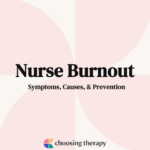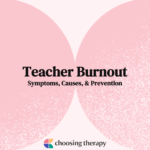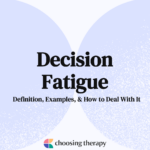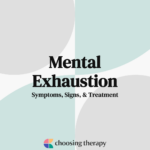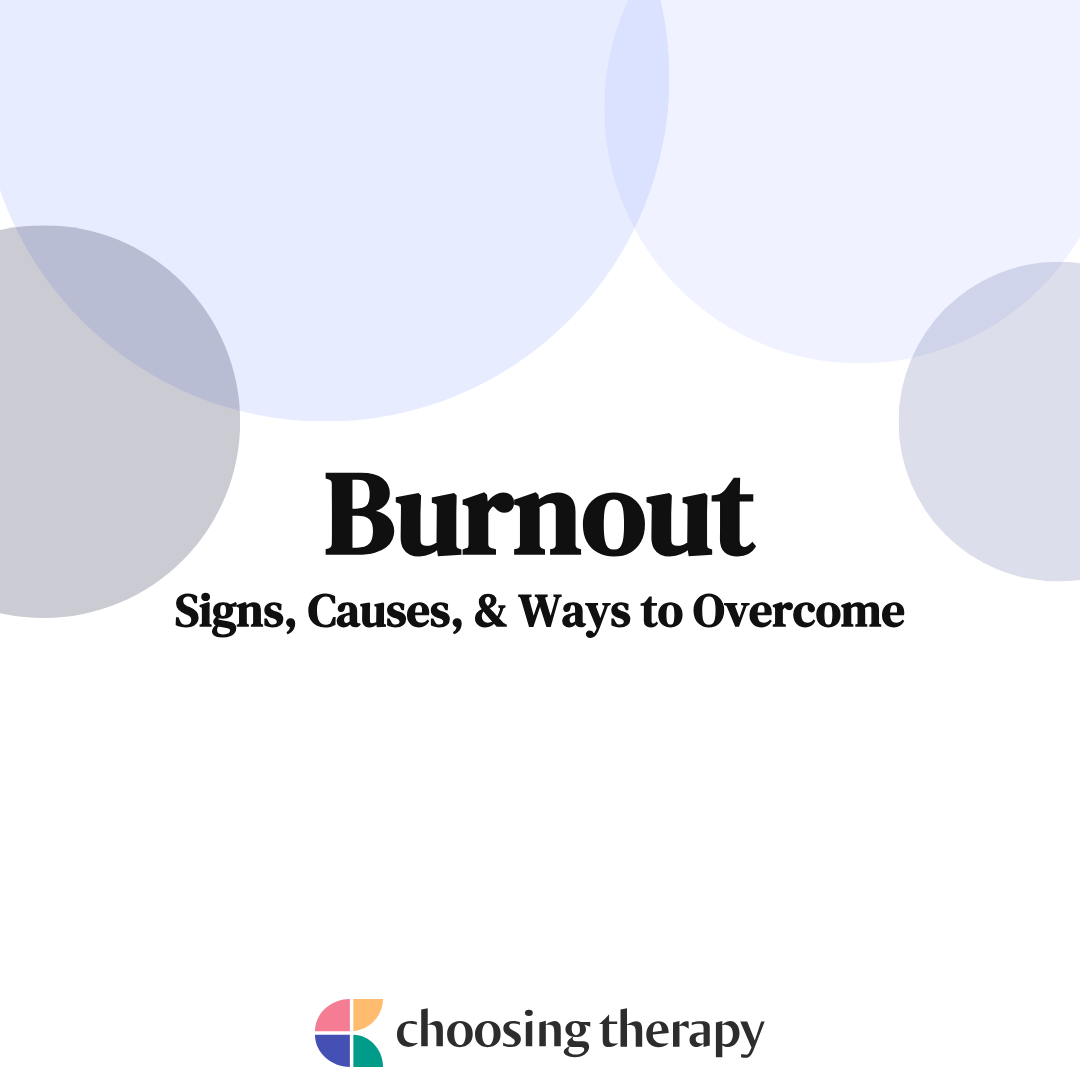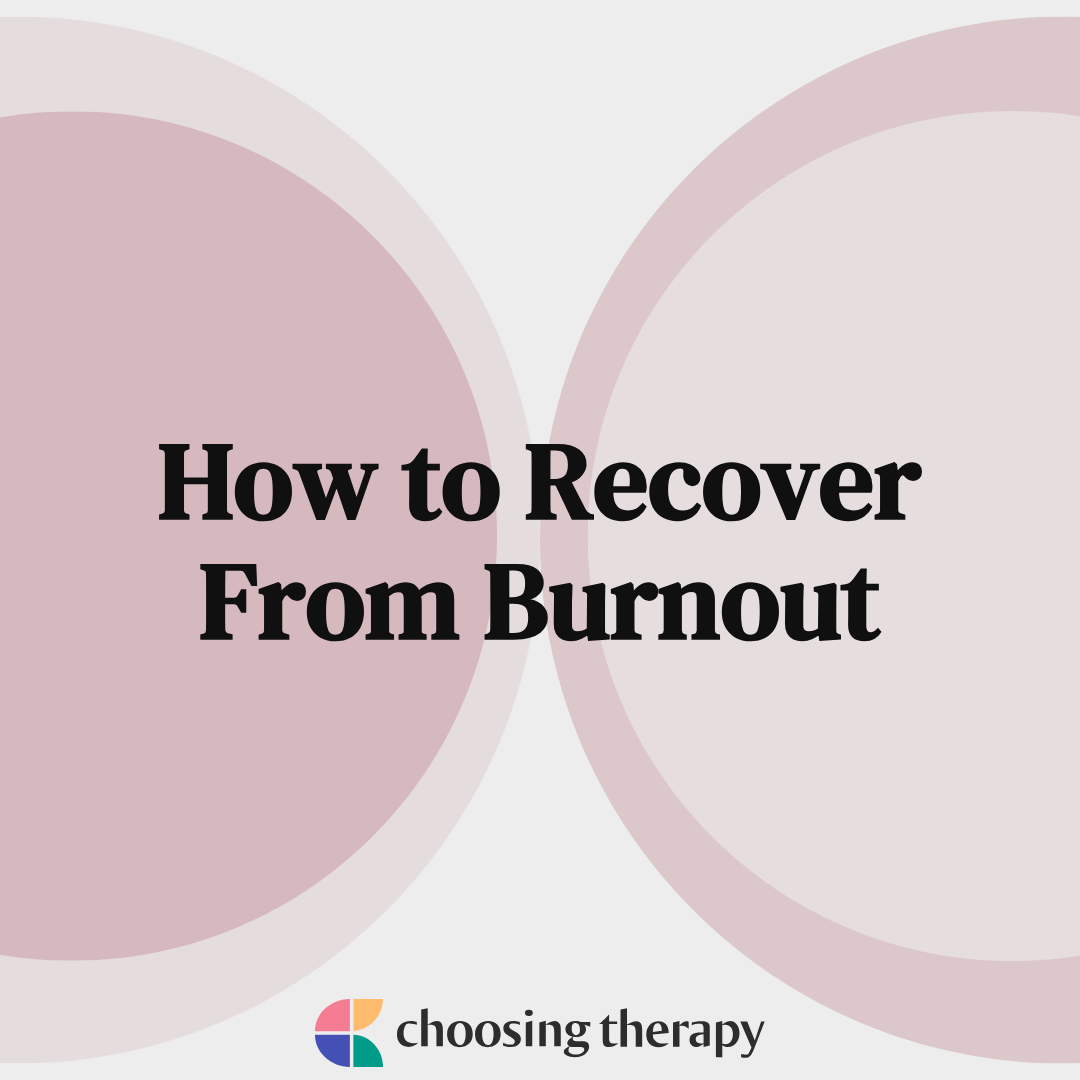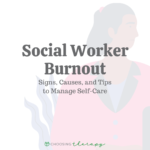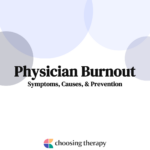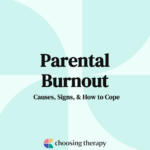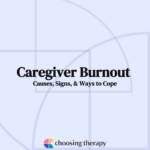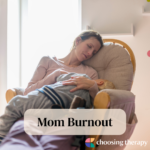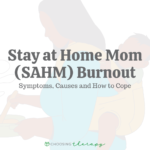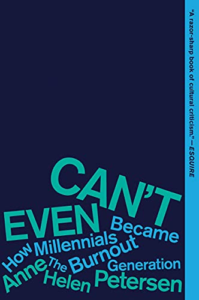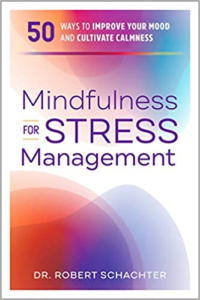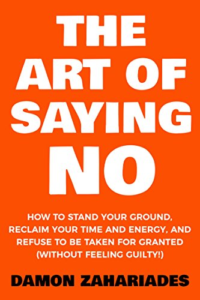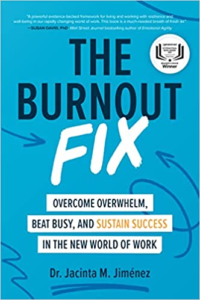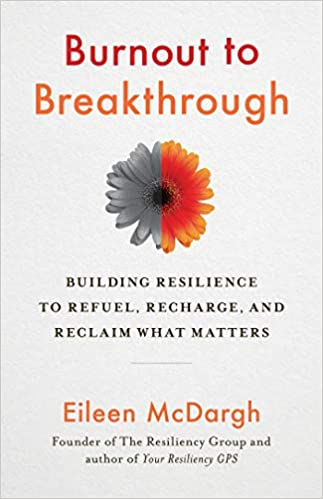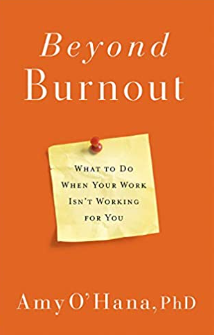
Learn More About Burnout
Burnout describes the emotional, social and physiological result of a specific, chronic stressor—typically work. Sufferers describe feeling exhausted, angry and cynical and sometimes suffering from physical symptoms such as headaches or gastrointestinal upset. Fortunately, it’s possible to recover from burnout. Feeling better may involve a two-pronged approach in looking at self-oriented interventions while also addressing vocational stress. Below you’ll find articles and resources to help you both understand and deal with feelings of burnout.
Featured Burnout Articles
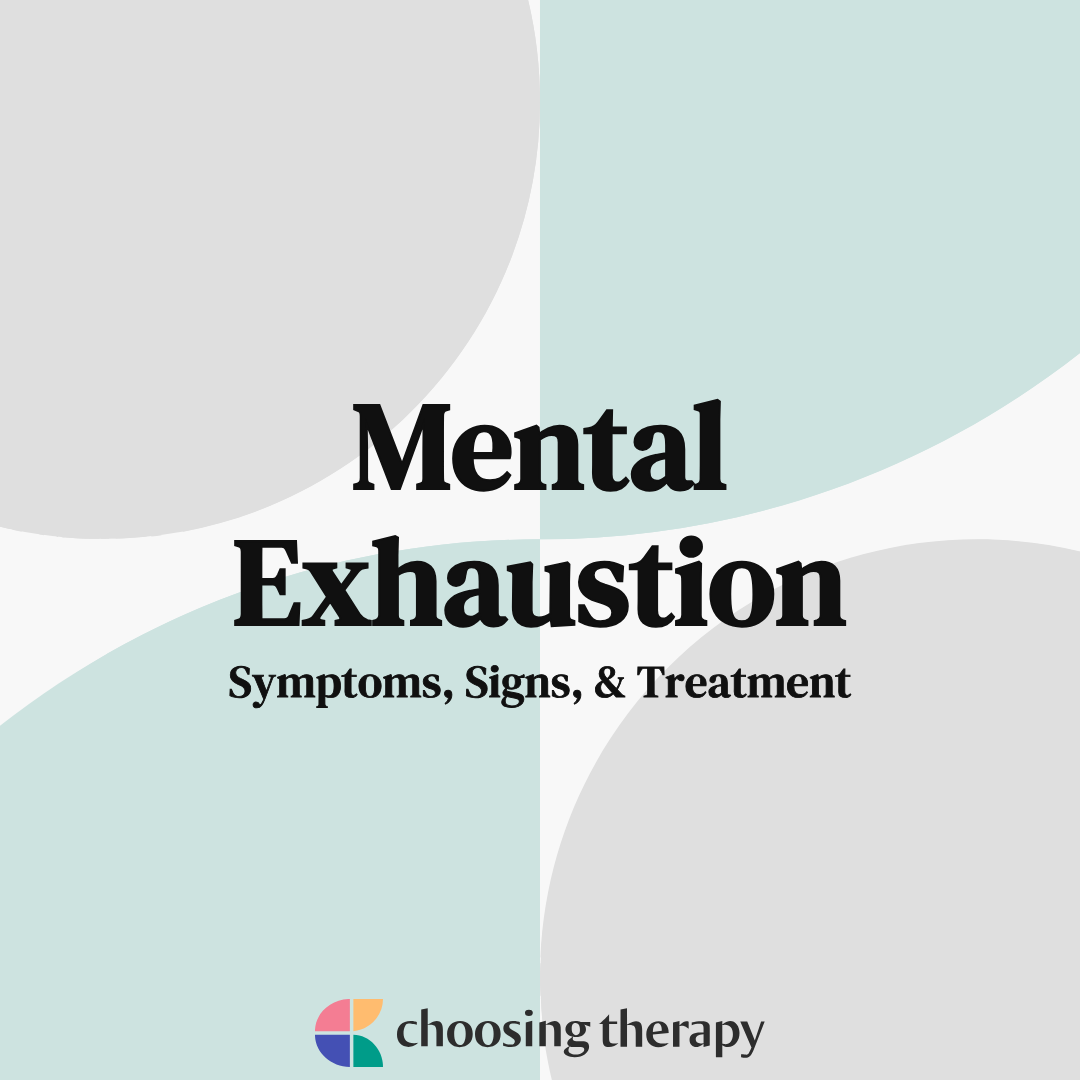
Mental Exhaustion: Symptoms, Signs, & Treatment
Mental exhaustion can include both physical and emotional symptoms, including anger, sadness, and a sense of powerlessness. This fatigue often stems from chronic and overwhelming stress, sometimes contributing to difficulties sustaining work performance, productivity, and motivation. Untreated mental exhaustion can negatively impact health and overall well-being.
by: Nicole Arzt, LMFT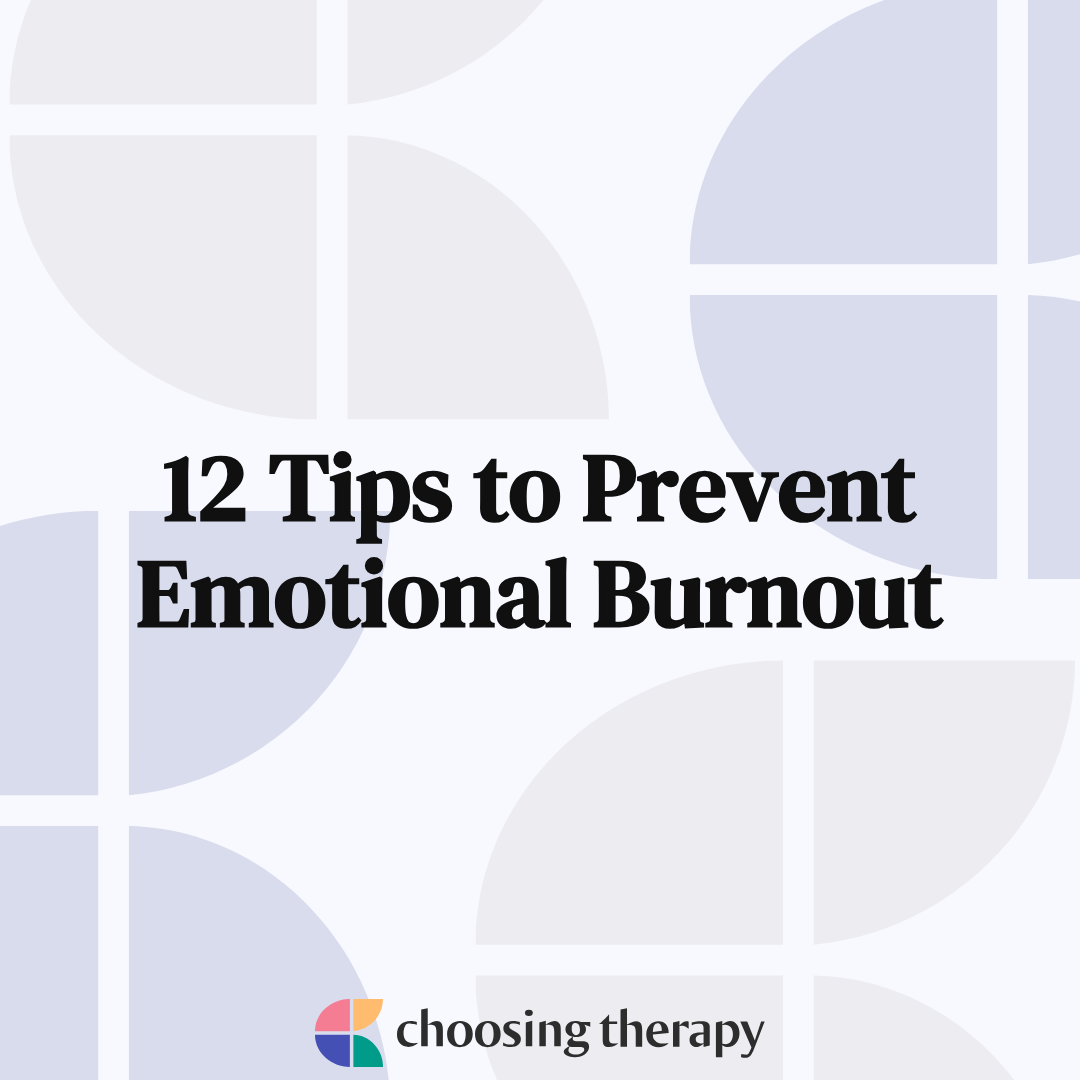
12 Tips to Prevent Emotional Burnout
Emotional burnout involves overwhelming exhaustion, cynicism, detachment, and a sense of ineffectiveness or lack of accomplishment. Many factors can contribute to this fatigue, including caregiving, loss, and significant life changes. While dealing with symptoms can be difficult, individuals can combat emotional burnout by practicing self-care, connecting with loved ones, and setting time aside to recharge.
by: Iris Waichler, LCSWWhat Is Burnout?

Burnout & Helping Professions

Burnout in Parents & Caregivers
Videos About Burnout
Read More About Burnout



